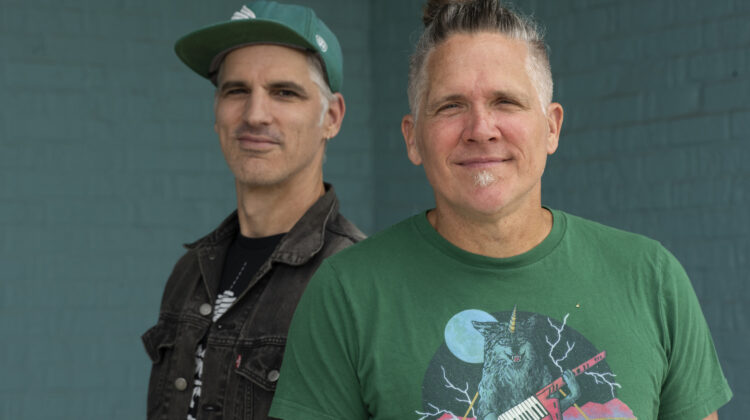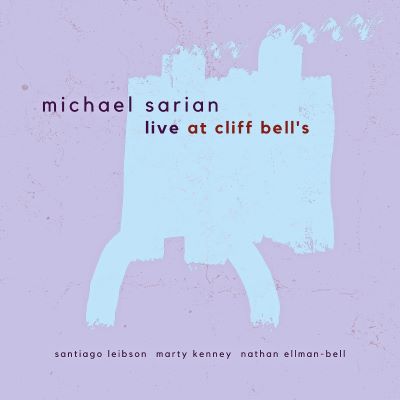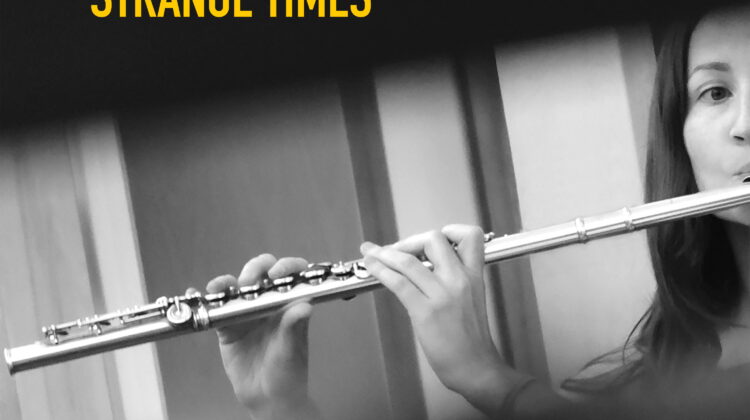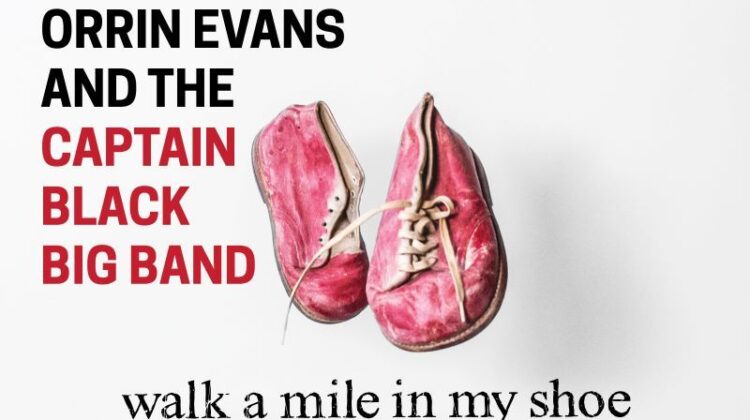
Jazz played by young German musicians, claims Volker Schmidt, is original and self-confident and yet both the media and the large audience don’t take notice (Zeit Online). He quotes the Norwegian pianist Bugge Wesseltoft who says that he’s ashamed to know how much Scandinavian jazz is loved in Germany and how little German jazz is heard by Norwegians. The producer Siegfried Loch explains the discrepancies by pointing to differences in cultural subsidies, and saxophonist Felix Falk adds that even Eastern European countries meanwhile support their national acts by paying for the trip. For such acts, German concert organizers mainly have to pay for the fee, often making it less costly for them to book foreign bands than German musicians. Jazz is live music, Falk explains, and thus dependent on a lively club scene. German jazz fans, though, are less willing than concert-goers at pop or classical concerts to pay adequate entry fees. Finally, Loch complains that festivals in Germany hardly feature German artists anymore. — Volker Schmidt points to some very valid facts in his article, and yet we feel obliged to add our own critical opinion which we rarely do in this newsletter. Our main criticism is that Schmidt seems not to have bothered with too much fact-checking for some of the claims made in his article. Most festivals we are aware of, for instance, and even those he mentions in his text, do indeed feature German acts. (The relationship between the money spent for American stars and for German musicians is another question, but this is not his argument.) There also is support for German artists touring abroad, both through the Goethe-Institut and the Initiative Musik, a funding agency set up by the German federal government. It all may not be enough, but at least things are moving in a right direction. — The article caused a bit of a stir among the German jazz community with some of the comments on the website applauding the general line of Schmidt’s argument and some pointing out mistakes or misrepresentations, leading the editors to correct at least one of the claims made by one of the interviewees.








